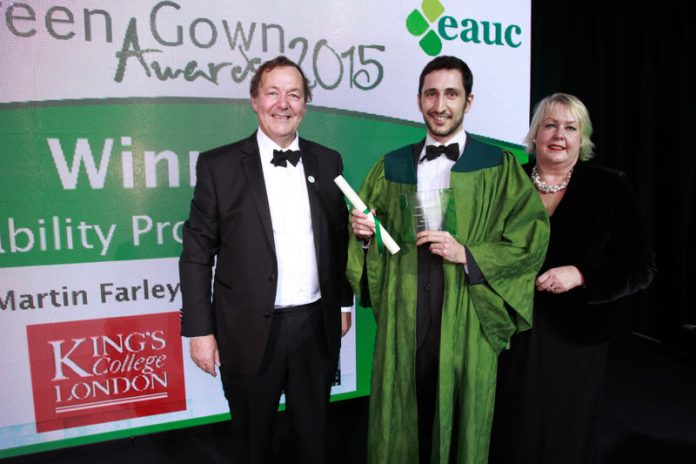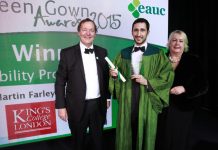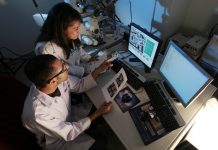Recently the UN released its alarming climate report indicating that we may not have more than 12 years to take urgent action. Science is not outside of this scope and, as such, we must work together to address this area of high growth. Furthermore, many of the research funds collected are done so with good intentions. Your local marathon, for example, will be filled with runners breaking themselves partly to raise funds for such good causes like cancer research and more. As such, do we not have a duty to ensure these funds are spent as efficiently and sustainably as possible?
Our attempt to do this, is called LEAF, which stands for the Laboratory Efficiency Assessment Framework. The tool has been developed at UCL with input from a variety of parties (King’s College London, Bristol, UEA, and Edinburgh all have contributed, click here for an exhaustive list). LEAF contains a set of criteria through which single labs or institutes may achieve either Bronze, Silver, or Gold awards. Most labs should be able to easily achieve a Bronze, whilst Gold criteria may be significantly more challenging. The criteria include good practice around sample management, equipment, procurement & waste, people, ventilation, and now research quality. Research quality has been included for the reasons outlined in the 2nd piece of this series – that the most sustainable research is that which may be reproduced and is of good quality. Criteria are focused on what a lab user can truly achieve, and avoids crossover with areas which are outside of their control or focus, such as H&S or facility improvements. Development of the criteria concerning quality have been conducted with support of the UK Reproducibility Network.
A key feature of LEAF are some basic tools to estimate actual impacts in terms of carbon and financial savings. Admittedly the tool can only estimate impacts but this is a major leap forward in a time when most users are given no context of the high costs of operating laboratories, and when true sub-metering of most laboratories is unlikely to occur for a decade or more.
The goals of having this data are multi-faceted. One goal is simply to trigger the mind of a scientist, and to provide focus as to which practices truly will achieve energy and carbon savings. Another goal is to allow continual improvement, while considering the growing or shrinking of a laboratory. A lab may achieve Gold in multiple years, and now evidence continual improvement within the Gold award. Finally, the data is intended to provide a wider context for the potential of systemic laboratory sustainability.
LEAF also presents benefits to those that apply it. Recently the Technician Commitment was launched in the UK, which has 4 stated areas of visibility, recognition, career development, and sustainability. Application of LEAF by technical staff can assist with all of these, by providing a vehicle to evidence measurable improvements for such staff.
LEAF is being piloted by a group of institutions all with significant laboratory activities. Participants include LEAF’s developer UCL, along with the University of Edinburgh, Cambridge University, the Francis Crick Institute, the University of Bristol, King’s College London, and more. The goal of piloting LEAF with so many institutions (17) is to provide a baseline of sustainable laboratory activities, while building a case for the potential impact if these practices became standard. To support LEAF a steering board has been created which extends beyond pilot participants, it also includes funding bodies.
Athena Swan is a programme which exists in the UK to support women and diversity within research environments. A key aspect of Athena Swan’s success is that it is recommended by funding bodies as a method of improving such good practices. This is one outcome which LEAF aspires to, a model in which funding bodies recommend it as a proven method of improving laboratory sustainability. To accomplish this, we need to build a base of evidence of its impact, and it’s for this reason we are the pilot will engage funding bodies such as UKRI, SFC, and more.
LEAF’s pilot will run over 2018/2019. Outcomes, both quantitative and qualitative, will be thoroughly reviewed by the UCL team and the pilot steering group. Users will be assessed for a variety of factors such as impact, ease of use, and more. More work will need to be done to determine how LEAF would be validated on a wider scale to ensure fair applications. We also need to ensure that it doesn’t overburden labs which already can be extremely busy, but it’s an exciting prospect and an exciting challenge. We look forward to sharing the results of this pilot with the wider research, laboratory, and funding body community, in hope of creating a means to systemic improvements. This, hopefully, will enable and facilitate more in the scientific community to do their part.







